Can a projector replace your TV? We compare alternatives to your typical set
Can a projector ever remove the need for a TV in your home? We dig into the questions you should ask before switching
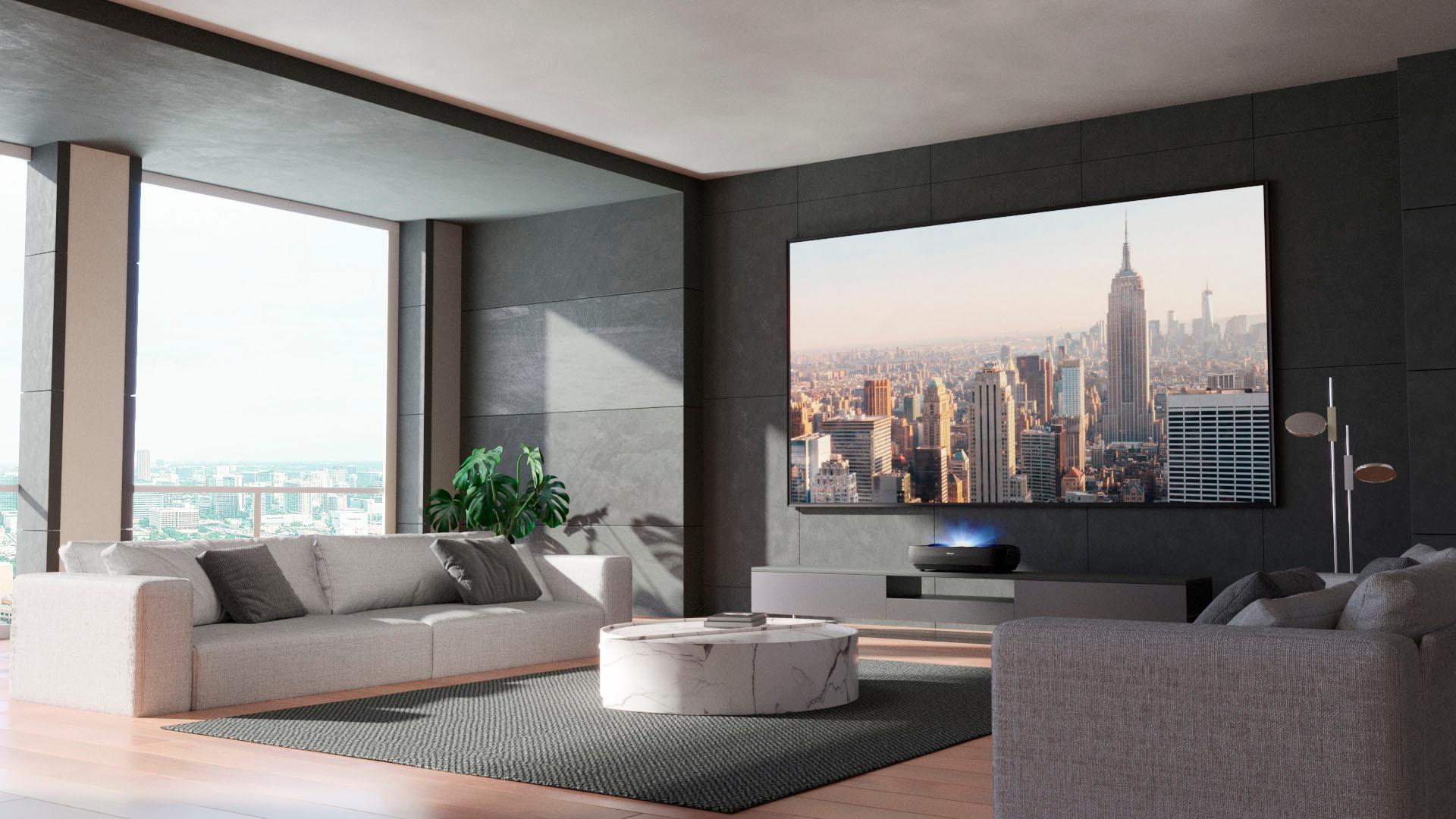
No matter what plans you have for your living room, a television is usually a no-brainer when choosing which large items you'll need to make space for. But what if that wasn't the case? Ultra short-throw projectors and laser TVs are now widely available and relatively affordable, and more and more people are realizing they could make the switch.
Taking up a fraction of the space, these devices are a less obvious way to have your favorite entertainment to hand and allow you to have a cinema-sized screen without leaving the house.
This article will dig into the technology that aims to replace TVs in ordinary living rooms, but for more on the difference between the two options, take a look at our guide to TVs vs projectors. And for our pick of the very best products out there, hop on over to our ranking of the best projectors.
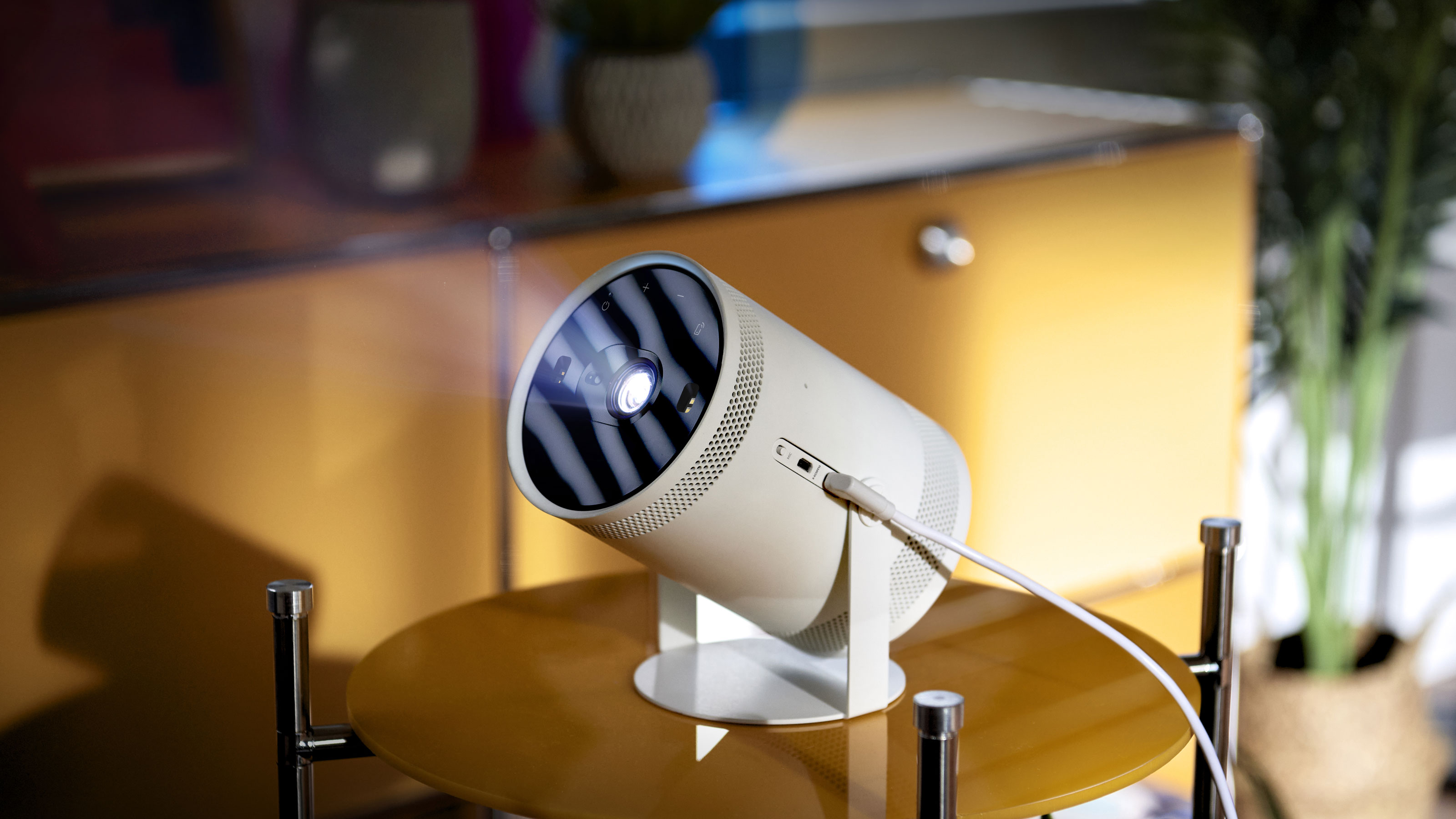
Where do you want to use your projector?
First, decide where a projector might be most useful. Do you want it to replace your living room TV, be something for occasional viewing in the bedroom, or open up the opportunity to create an outdoor cinema space in your backyard? While outdoor TVs are certainly an option, the best outdoor projectors are cheaper, easier to move around, and can be taken with you anywhere.
However, unlike some of the projectors we talk about below, these portable models need to be placed further away from a wall or screen to achieve a large-enough image. They also tend to lack brightness, so they're best used at night or in dark conditions. Your choice here depends on how much you want to spend.
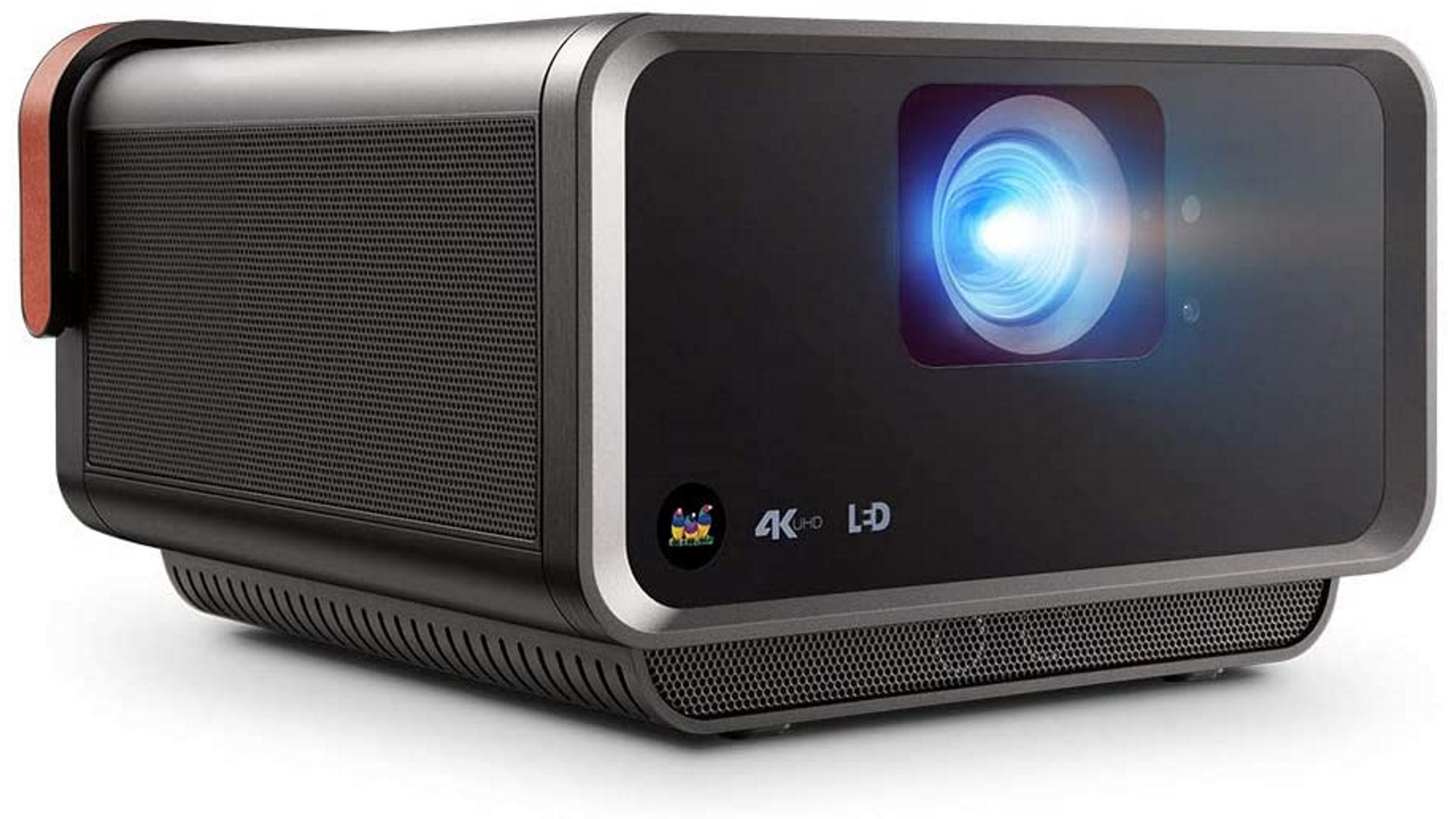

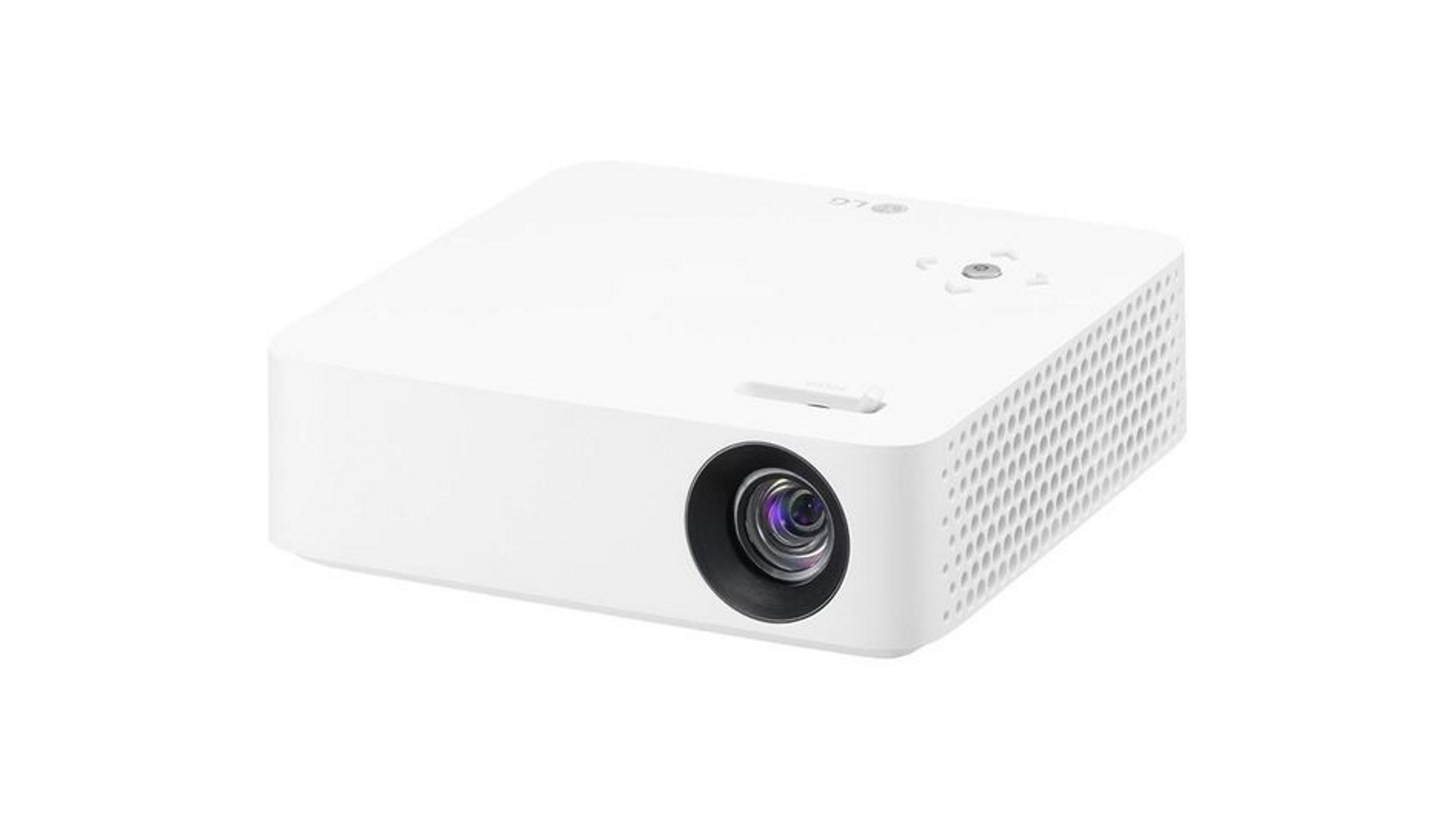
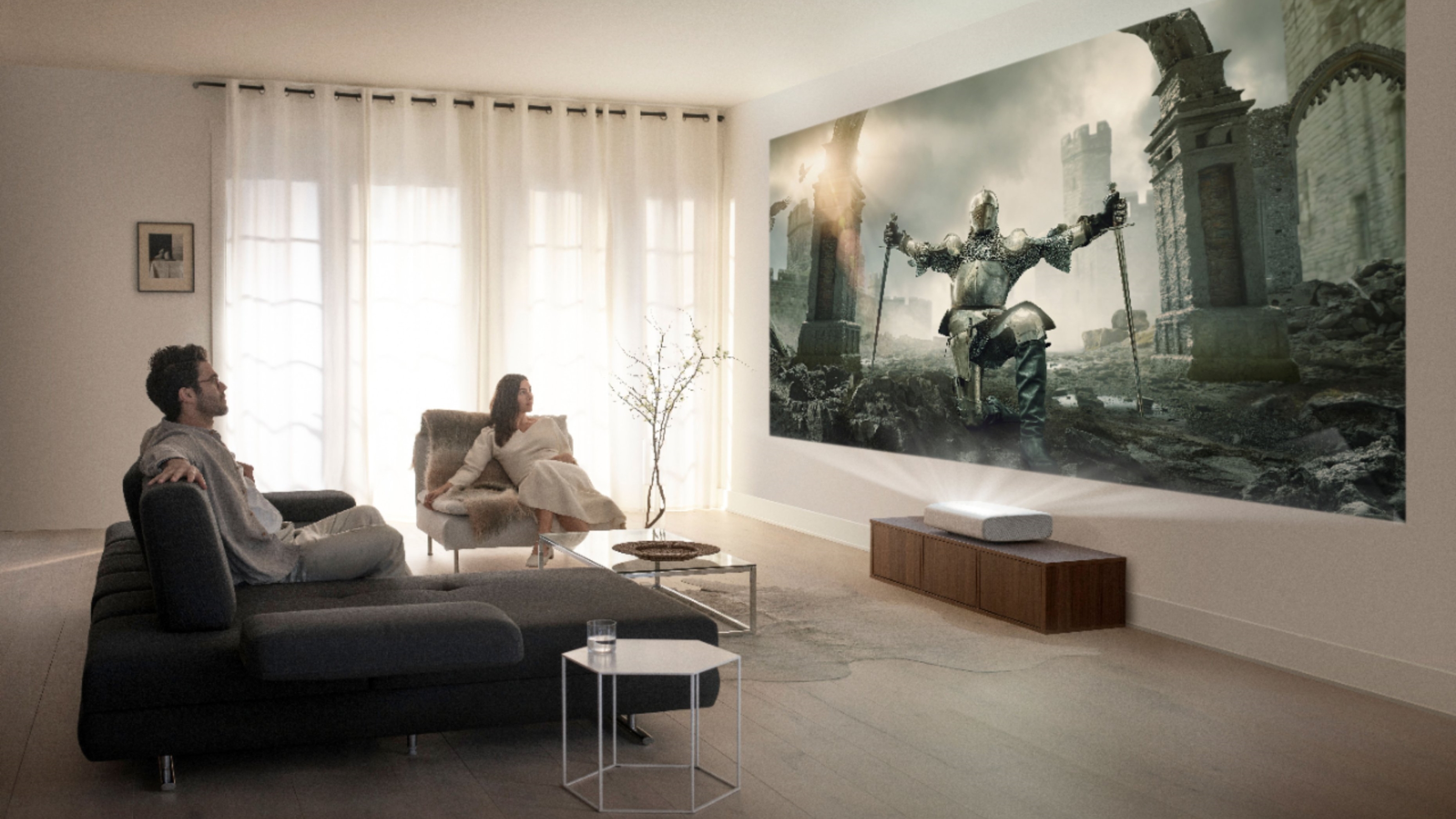
What is an ultra-short throw projector?
Your next option is an ultra-short throw projector, which works similarly to other projectors but with one key difference. Instead of needing to be placed at the back of the room, and thus necessitating a clear path to project onto a wall opposite, short-throw models can be placed on a TV unit or coffee table, casting upwards and outwards to create a movie theater-sized image.
This type of projector doesn't come cheap, but it's perfectly possible to get a 4K image, built-in smart assistants, and contrast ratios up to
2,000,000:1. However, brightness can still be a challenge and is the biggest aspect that keeps projectors from being a true alternative to LED, OLED, or other TV technology. For the best experience, opt for a laser projector.
On the other hand, if you want the biggest screen possible, projectors can give you an image up to 300", whereas even with the best 85 inch TV, you're limited to less than 100" at the very most.
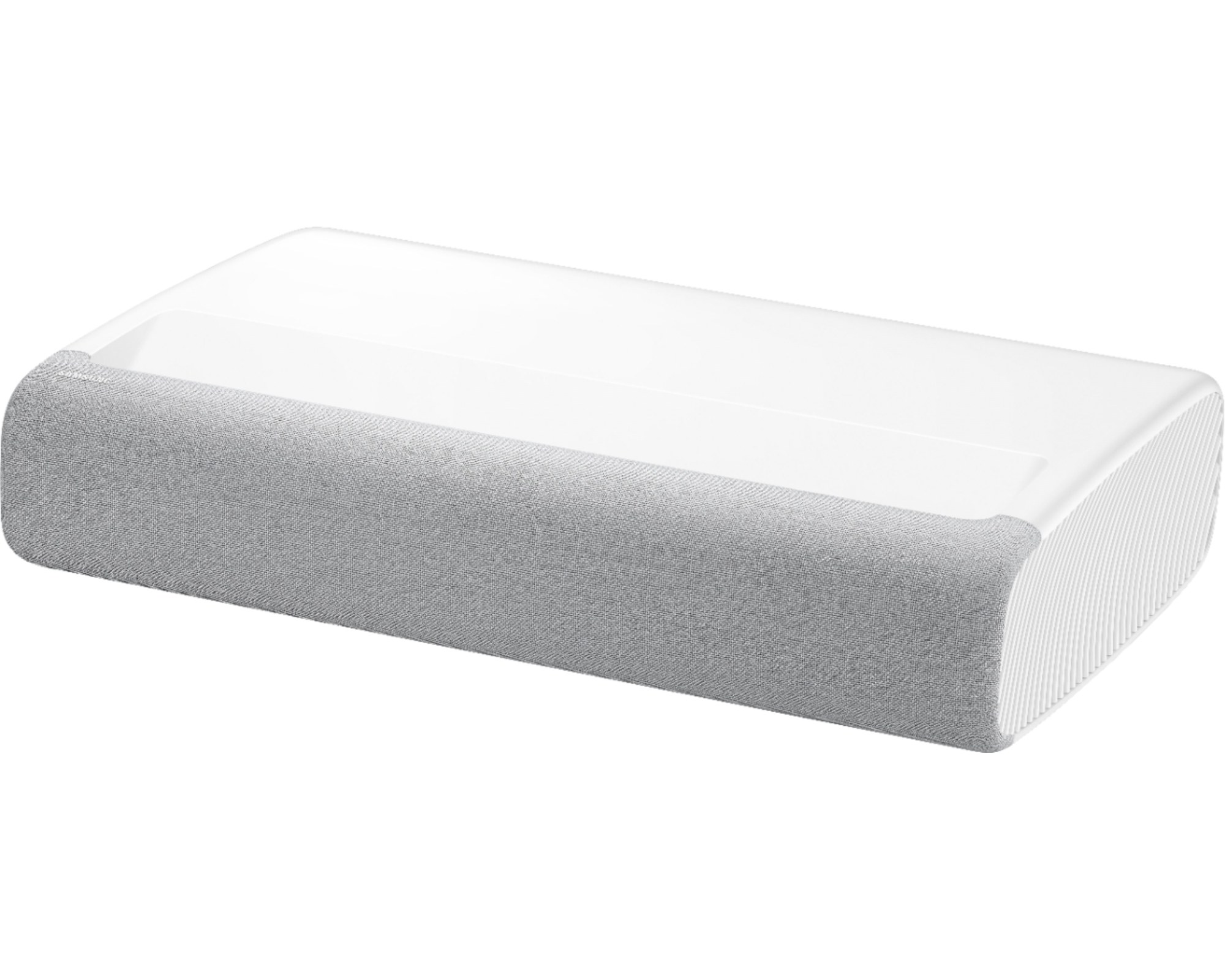
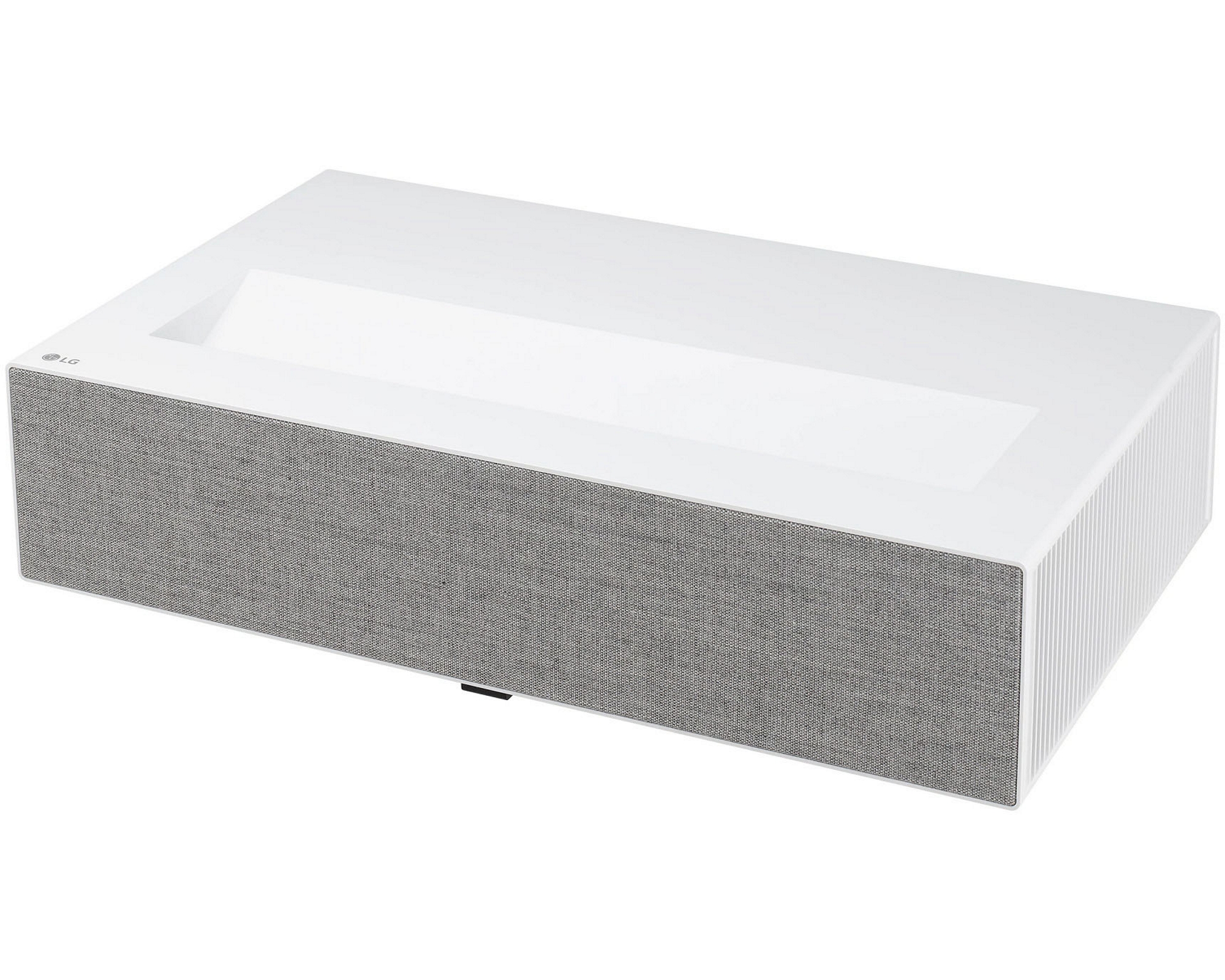
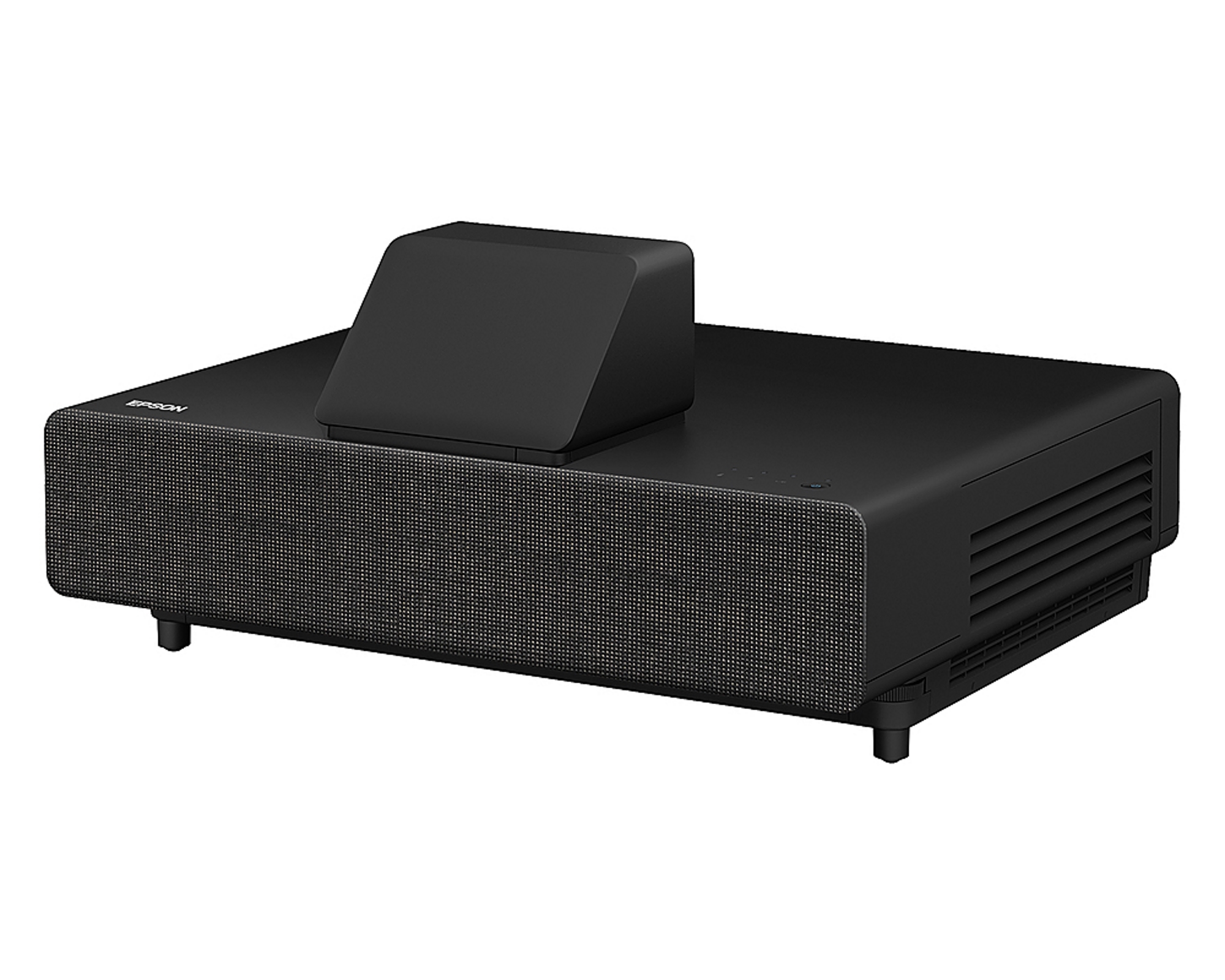
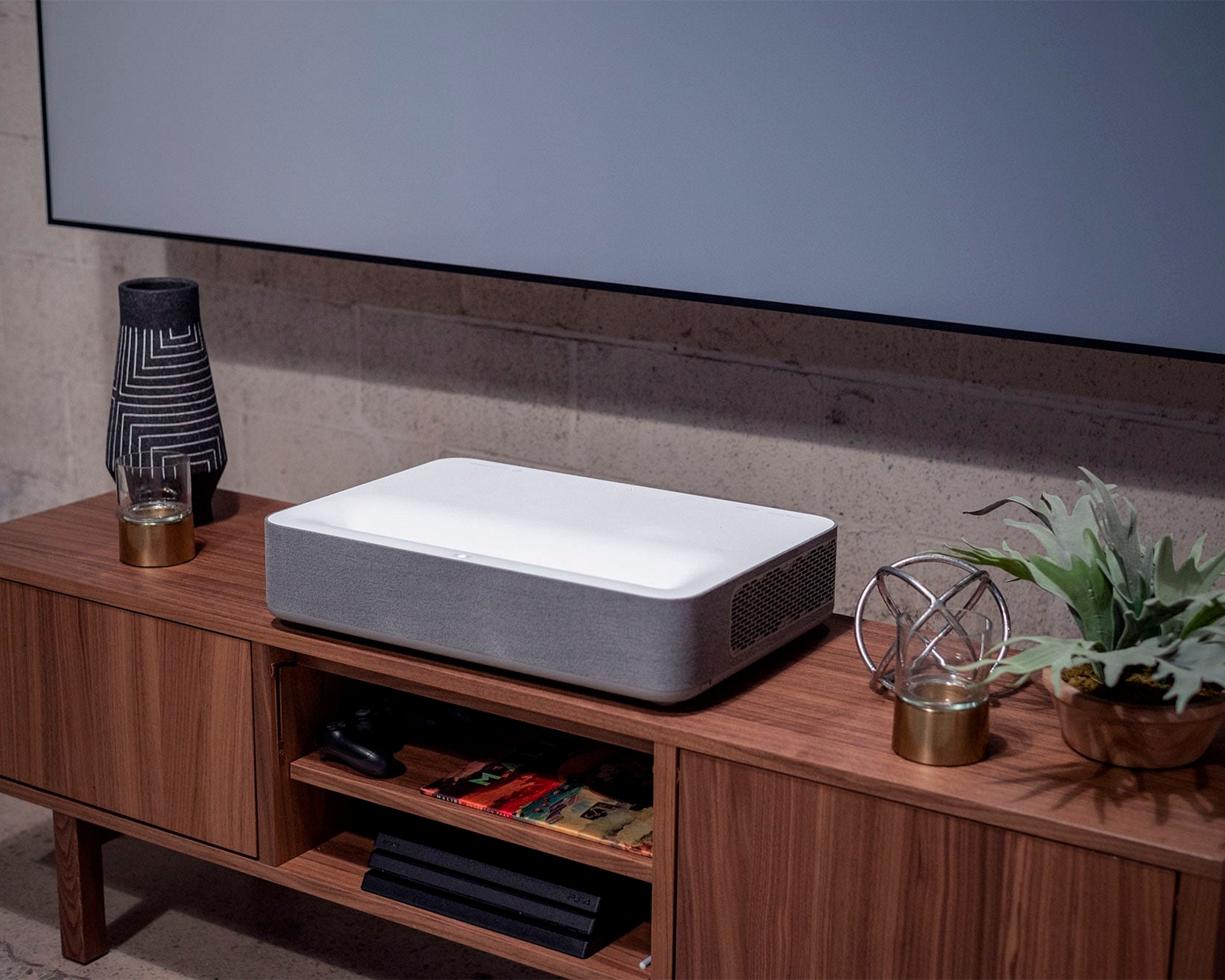
What is a laser TV?
Laser TVs aren't a new idea, but they have seen a bit of a resurgence in recent years. They are similar to short throw laser projectors in many ways, with the differences really coming down to terminology. Like those discussed above, laser TVs can be placed very close to the surface you're viewing on, have better contrast ratio and brightness compared to cheaper, portable models, and can achieve a much larger image than a TV.
Because the term laser TV has gained more interest lately, many brands have brought out their own versions, and they do tend to have a few bonus features that other short throw projectors. These are often related to the idea - as this guide discusses - of replacing your TV with a smaller device. So you can expect better audio, a TV tuner, and all the smart home support that now comes with TVs as standard.
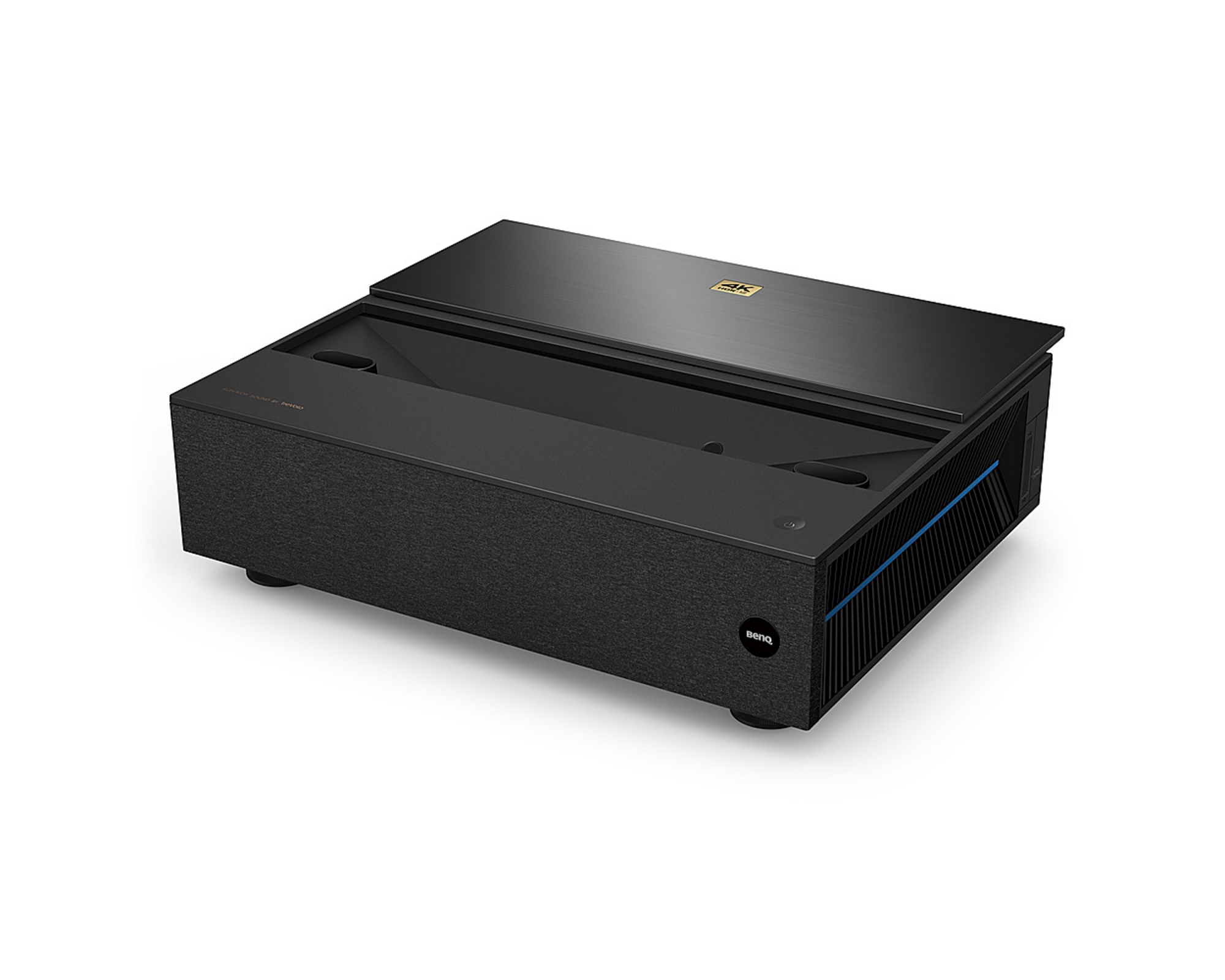
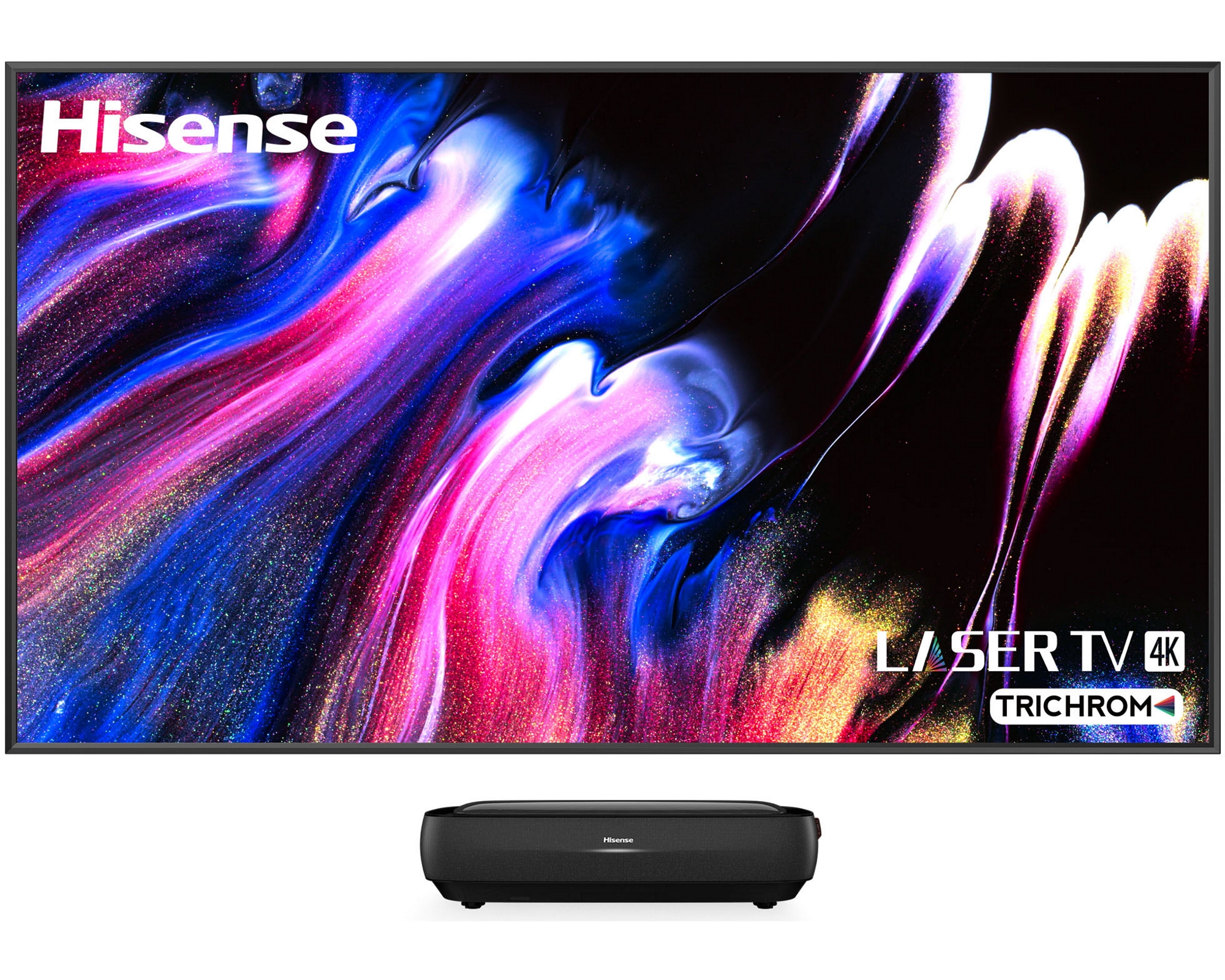
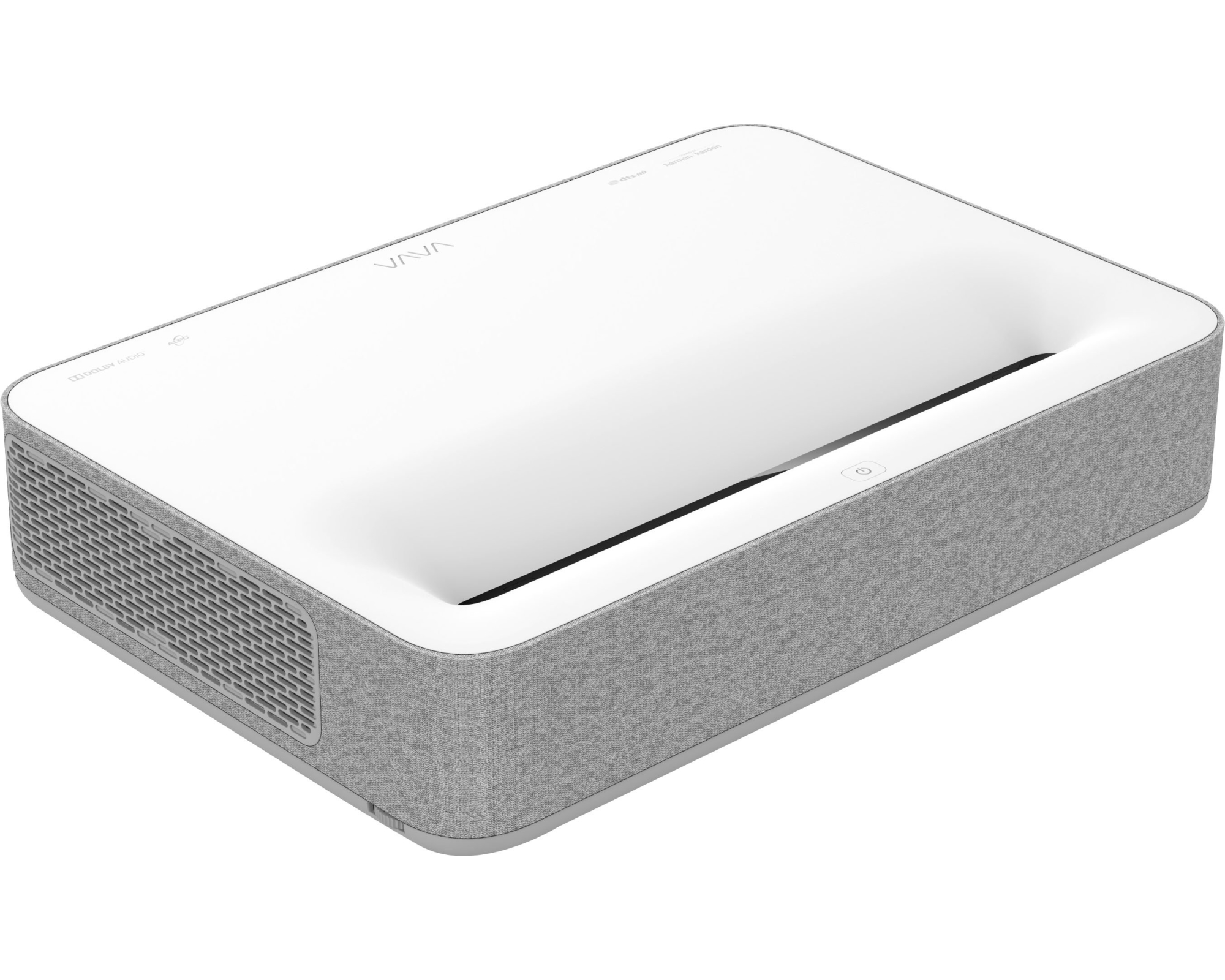
Can a laser projector replace your TV?
As with most technology aiming to oust the devices we've all used for decades, laser TVs and short throw projectors have their pros and cons. The technology arguably has some way to go before it can live up to claims that its a replacements, but it's certainly an alternative for certain households.
Buy a TV if... you want the very best image quality and the ability to watch in all light conditions, but don't need a massive screen.
Buy a projector if... you're on (more of) a budget, usually watch TV and movies at night time, and want a much bigger screen than what a television can offer.
Be The First To Know
The Livingetc newsletters are your inside source for what’s shaping interiors now - and what’s next. Discover trend forecasts, smart style ideas, and curated shopping inspiration that brings design to life. Subscribe today and stay ahead of the curve.
Caroline was formerly smart home ecommerce editor for Livingetc, covering everything tech for the home, from smart speakers to air purifiers and everything in between. She is passionate about technology and smart devices and their role in daily life, enhancing the home without sacrificing personal style and carefully chosen interiors. In her spare time, she can be found tinkering with bulbs, soundbars, and video doorbells in an effort to automate every part of her small home. Previously, she lent her expertise to the likes of Expert Reviews, IT Pro, Coach, The Week, and more.
-
 The 'New British' Style? This Victorian London Home Embraces Its Owners' Global Background
The 'New British' Style? This Victorian London Home Embraces Its Owners' Global BackgroundWarm timber details, confident color pops, and an uninterrupted connection to the garden are the hallmarks of this relaxed yet design-forward family home
By Emma J Page
-
 Muji Living Room Ideas — 5 Ways to Harness The Calming Qualities of This Japanese Design Style
Muji Living Room Ideas — 5 Ways to Harness The Calming Qualities of This Japanese Design StyleInspired by Japanese "zen" principles, Muji living rooms are all about cultivating a calming, tranquil space that nourishes the soul
By Lilith Hudson
-
 Reviewers Say These Hummingbird Camera Feeders Are the Best Ones Right Now — And They're All on Sale
Reviewers Say These Hummingbird Camera Feeders Are the Best Ones Right Now — And They're All on SaleI've spent ages reading all the reviews for smart hummingbird feeders so you don't have to... Here are the top-rated options
By Hugh Metcalf
-
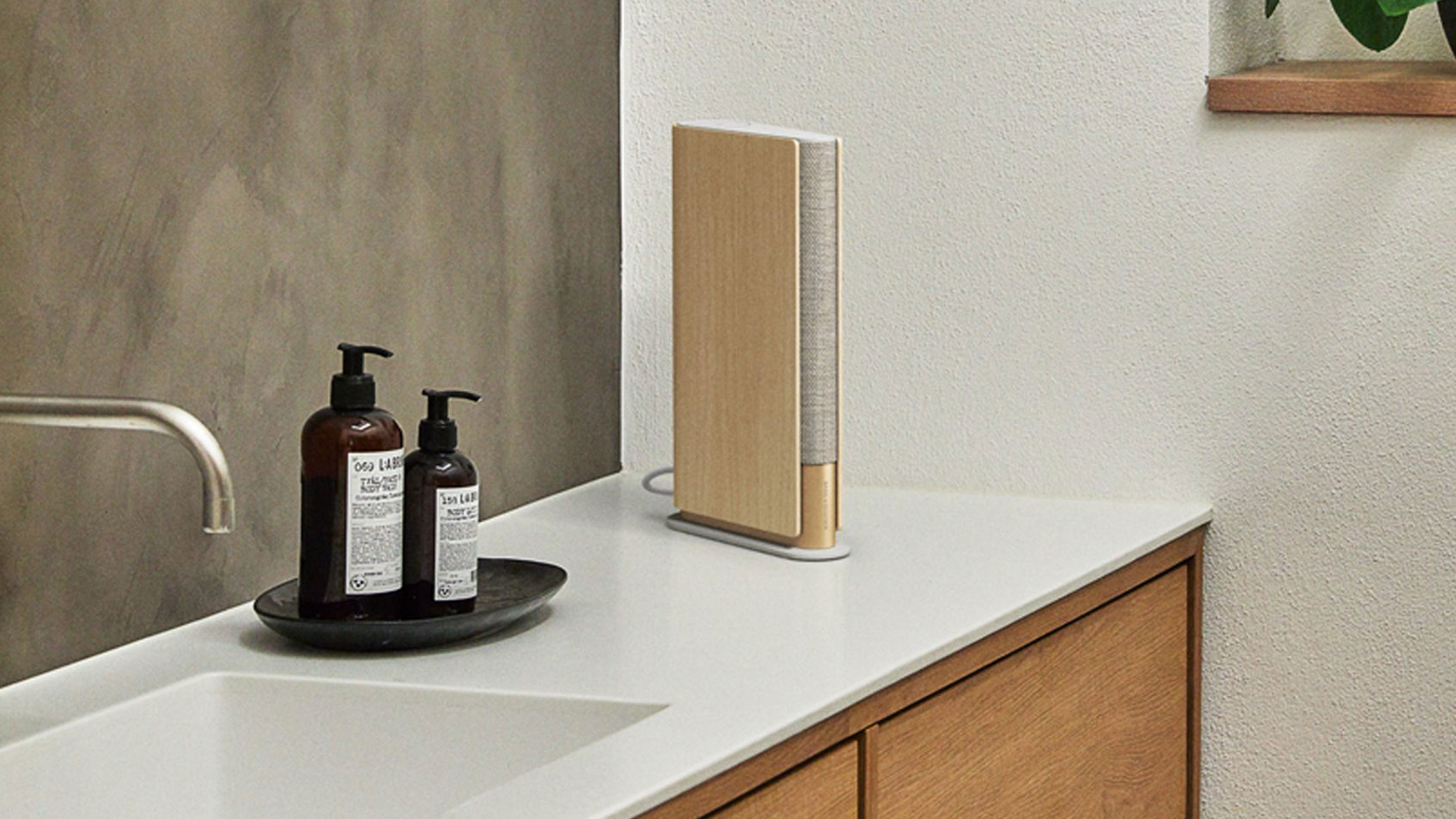 This Interior Stylist Has Picked the Most Aesthetic Home Tech Products of the Moment — 'No More Tech Eyesores!'
This Interior Stylist Has Picked the Most Aesthetic Home Tech Products of the Moment — 'No More Tech Eyesores!'If you think making your home smarter means filling it with ugly gadgets, think again. There's a growing number of pleasingly aesthetic choices out there, says this stylist
By Luke Arthur Wells
-
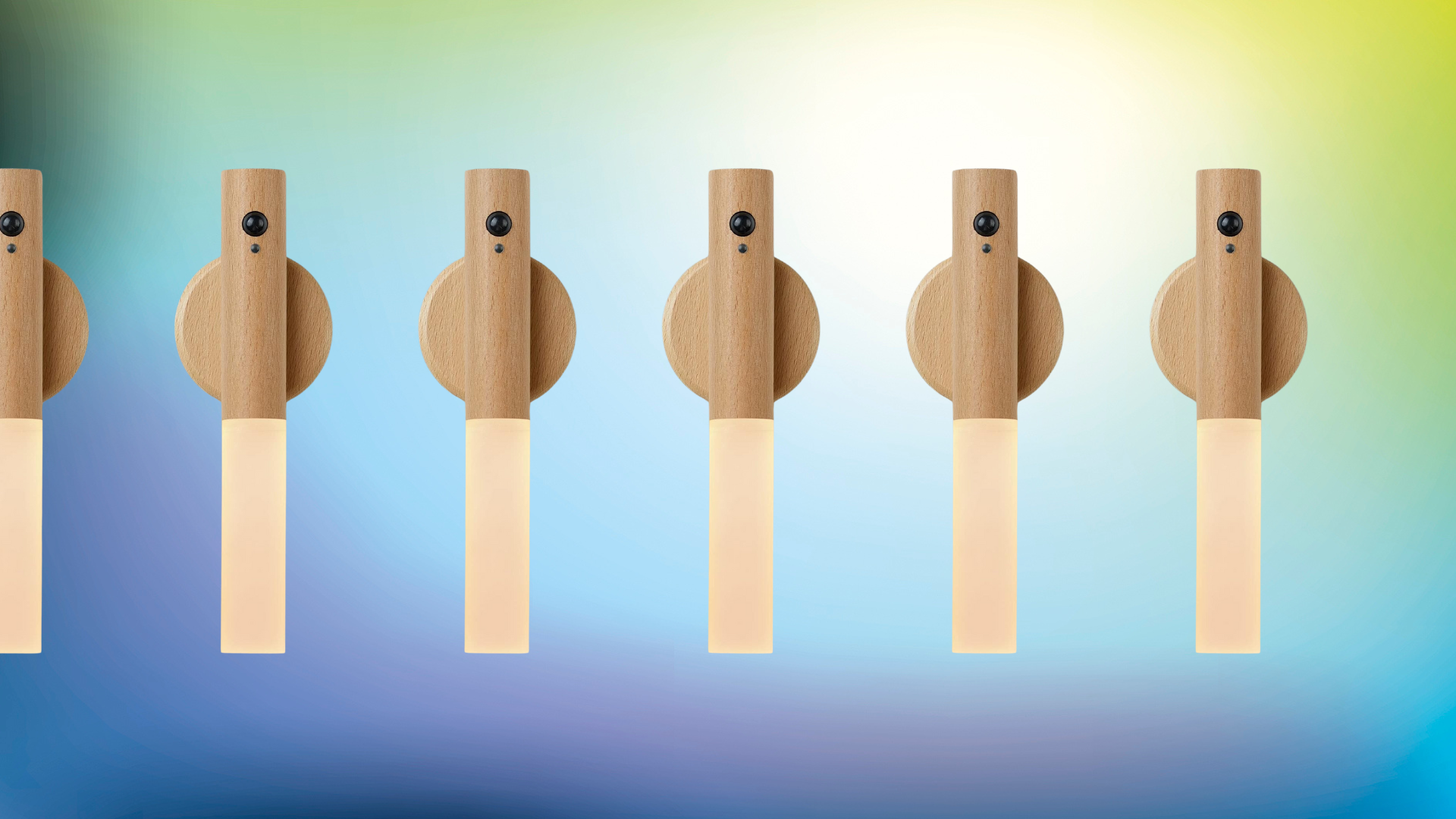 These Viral $40 Lights Make Your Home Easier to Live In — And They're Pretty Chic, Too
These Viral $40 Lights Make Your Home Easier to Live In — And They're Pretty Chic, TooThese Scandi-inspired wall sconces are the lighting solution you didn't know you needed. I'm so taken by them!
By Brigid Kennedy
-
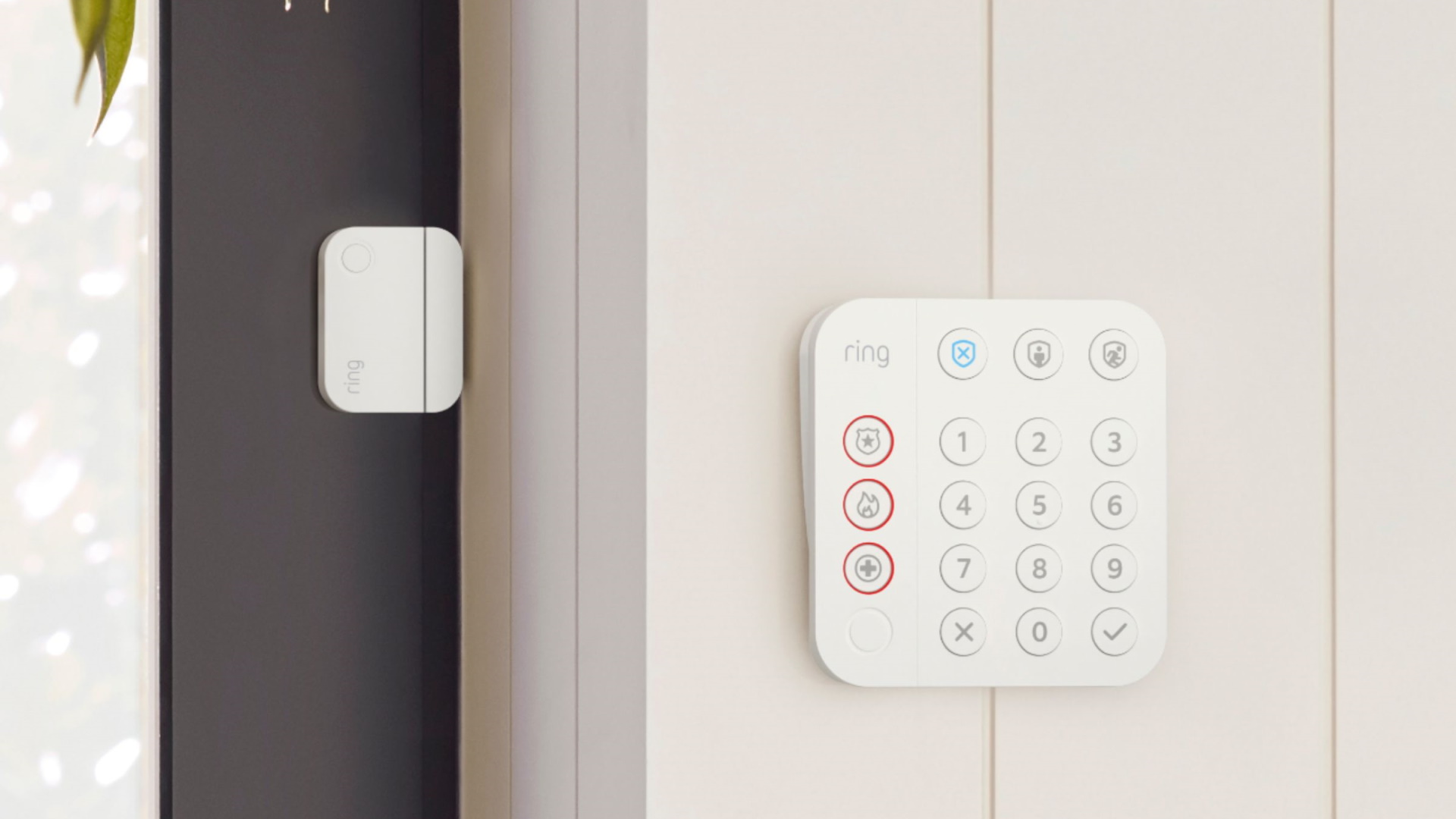 Ring Alarm System (2nd Gen) review: the brand's made-over kit is still a winner
Ring Alarm System (2nd Gen) review: the brand's made-over kit is still a winnerWe tested the Ring Alarm System 5-Piece Kit to see if it could make home security simpler for the average user, and how it may have improved on the first gen system.
By Caroline Preece
-
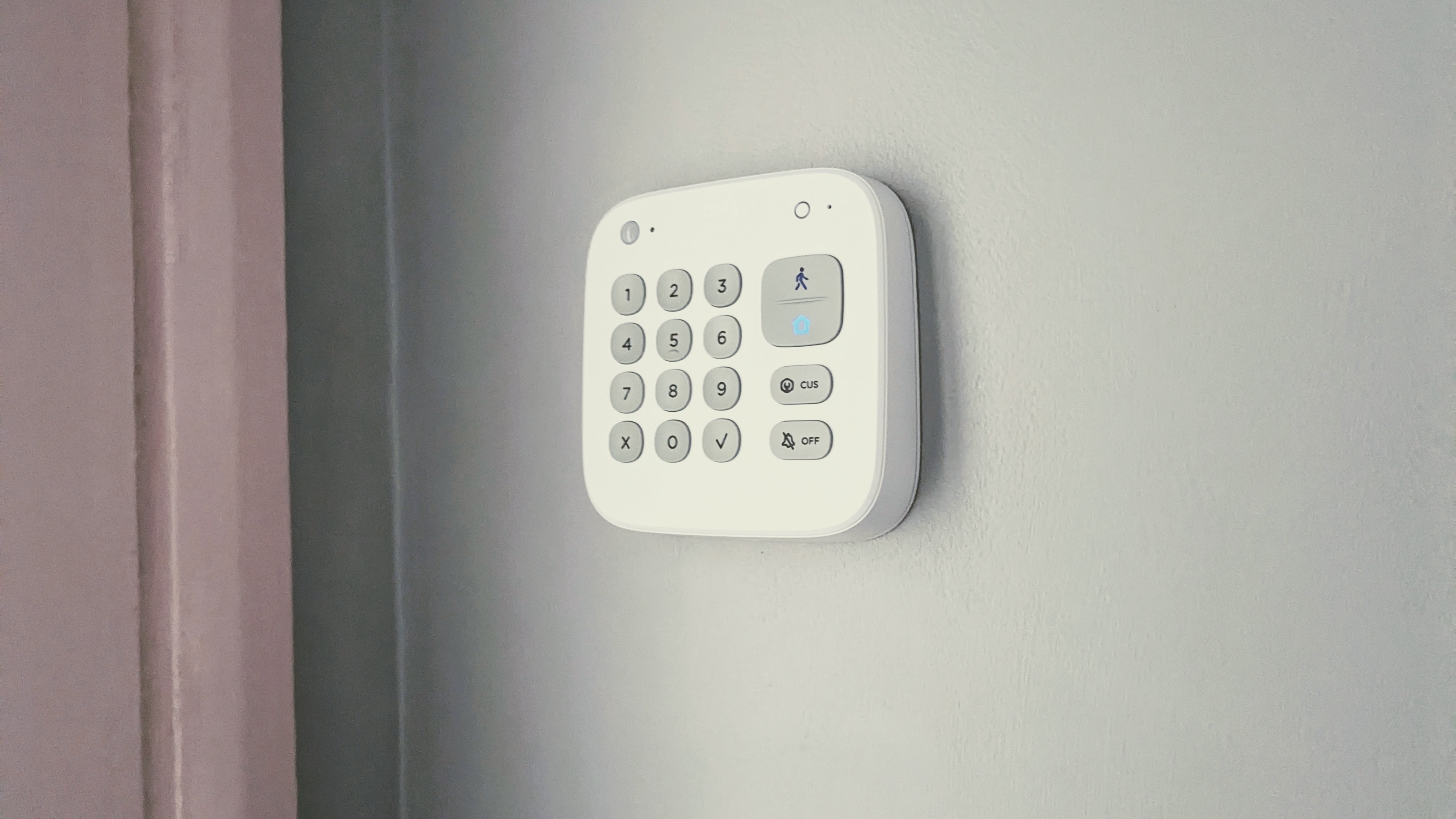 eufy Home Alarm Kit review: a simple but effective way to keep your home safe
eufy Home Alarm Kit review: a simple but effective way to keep your home safeThe eufy Home Alarm Kit has all of the basics on paper, but we wanted to test it out on our own home to see how easy it is to set up and use.
By Caroline Preece
-
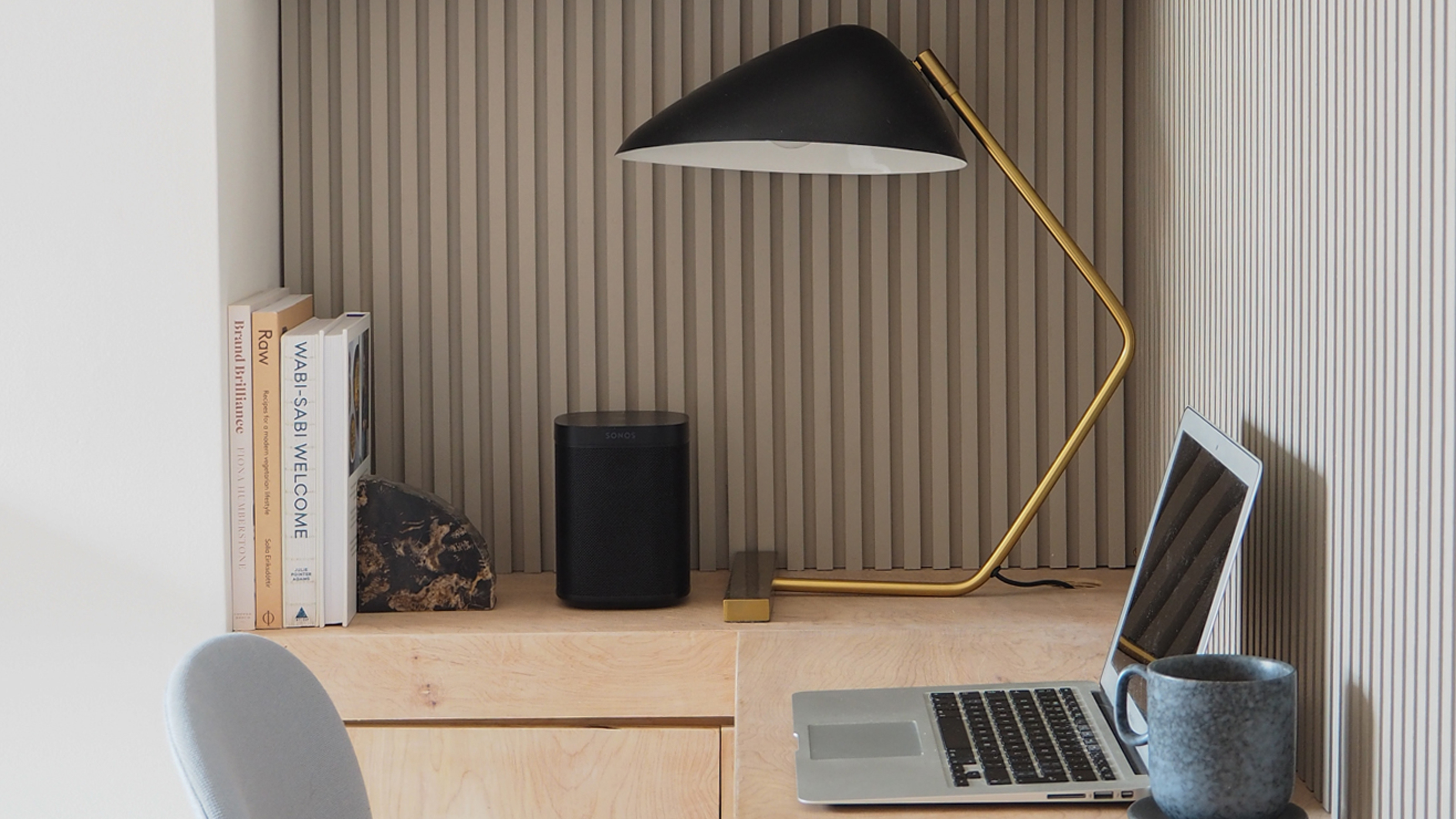 HomePod mini vs Sonos One: two high-end smart home hubs, but which is the better speaker?
HomePod mini vs Sonos One: two high-end smart home hubs, but which is the better speaker?We take a look at the HomePod mini and Sonos One, both of which sit at the higher end of the smart speaker market.
By Caroline Preece
-
 AirTags vs Tile: which Bluetooth tracker is best to help a case of constantly misplaced keys?
AirTags vs Tile: which Bluetooth tracker is best to help a case of constantly misplaced keys?If you're tired of losing your items, either around the house or outside, then Bluetooth trackers are a lifesaver - but which is best?
By Caroline Preece
-
 Sony WF-C500 vs Airpods: are the budget earbuds a worthy competitor to Apple?
Sony WF-C500 vs Airpods: are the budget earbuds a worthy competitor to Apple?Sony's affordable earbuds get the thumbs up from us, but how do their compare with Apple's AirPods?
By Caroline Preece